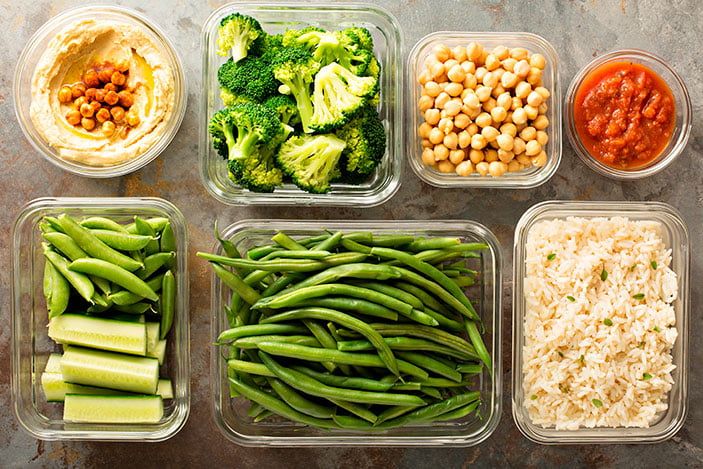Vegan vs Vegetarian: What the Difference?
In today’s health-conscious world, more and more people are opting for plant-based diets. Two popular choices are vegan and vegetarian diets. While both focus on consuming plant-based foods, there are key differences between the two. Let’s explore the distinctions between vegans and vegetarians.
What is a Vegan?
A vegan diet eliminates all animal products, including meat, poultry, dairy, eggs, and even honey. Vegans choose to exclude any products that involve animal exploitation or cruelty, such as leather or cosmetics tested on animals. Their diet consists of fruits, vegetables, grains, nuts, seeds, and plant-based alternatives, like tofu or tempeh.
What is a Vegetarian?
A vegetarian diet excludes meat, poultry, and seafood, but allows for the consumption of other animal-derived products like dairy and eggs. Some vegetarians may also choose to include honey in their diet. Vegetarians typically focus on plant-based foods but may incorporate dairy and eggs for added protein and nutrients.
Health Benefits of Veganism
Vegans often cite health benefits as a primary reason for choosing their diet. Studies have shown that a well-planned vegan diet can lower the risk of heart disease, high blood pressure, type 2 diabetes, and certain types of cancer. Additionally, veganism is associated with weight loss and improved digestion due to the higher fiber content of plant-based foods.
Health Benefits of Vegetarianism
Vegetarians also reap health benefits from their plant-based diet. Research has shown that vegetarians have lower rates of obesity, hypertension, and cholesterol levels compared to meat-eaters. The inclusion of dairy and eggs provides vegetarians with essential nutrients like calcium, vitamin D, and B12 that are often lacking in vegan diets.
Environmental Impact
Both vegan and vegetarian diets have a significantly lower environmental footprint than omnivorous diets. By reducing or eliminating animal products from their diet, individuals can help conserve water, reduce greenhouse gas emissions, and preserve natural habitats. Choosing plant-based foods over animal products is a sustainable choice that benefits the planet.
Conclusion
In the debate of vegan vs vegetarian diets, both options have their own set of benefits and considerations. Whether you choose to go vegan or vegetarian, the key is to prioritize a balanced and well-rounded diet that meets your nutritional needs. Ultimately, the decision between veganism and vegetarianism comes down to personal beliefs, health goals, and lifestyle choices. Whichever path you choose, adopting a plant-based diet can lead to a healthier you and a healthier planet.


